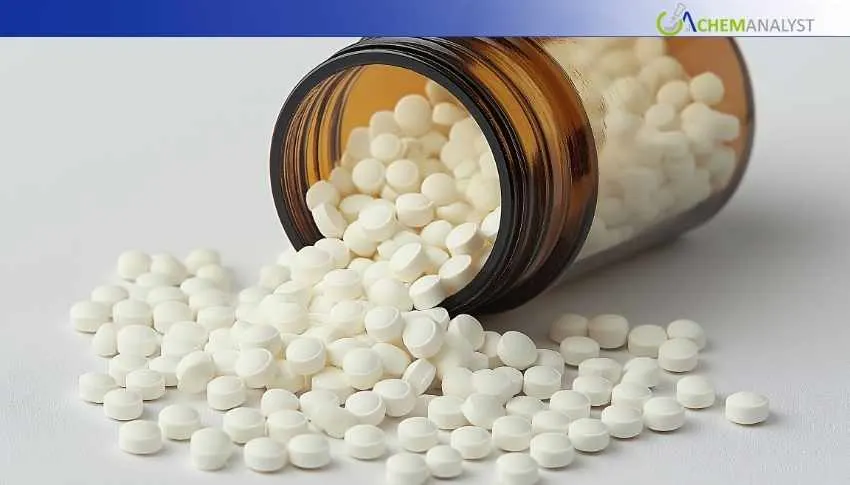Welcome To ChemAnalyst

Cetirizine Dihydrochloride prices in the U.S. are expected to decline by the end of September 2025, influenced by trade policies, stockpiling behaviors, and regulatory pressures on pharmaceutical pricing. Despite recent tariff tensions between the U.S. and India, exemptions on pharmaceuticals and strategic industry responses are helping stabilize supply and support price reductions.
Key Highlights
At the demand side, certain U.S. purchasers hoarded prior to tariffs taking effect, easing short-term pressure on prices of Cetirizine Dihydrochloride. The exception of the pharmaceutical tariff permitted uninterrupted flow from India, avoiding abrupt cost escalation of Cetirizine Dihydrochloride. Concurrently, President Trump&#xx;s request to drug companies to lower prices by the...
We use cookies to deliver the best possible experience on our website. To learn more, visit our Privacy Policy. By continuing to use this site or by closing this box, you consent to our use of cookies. More info.
